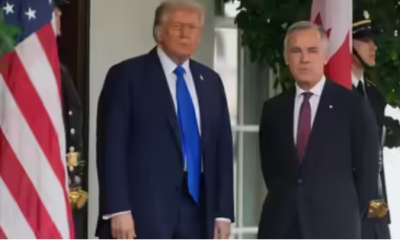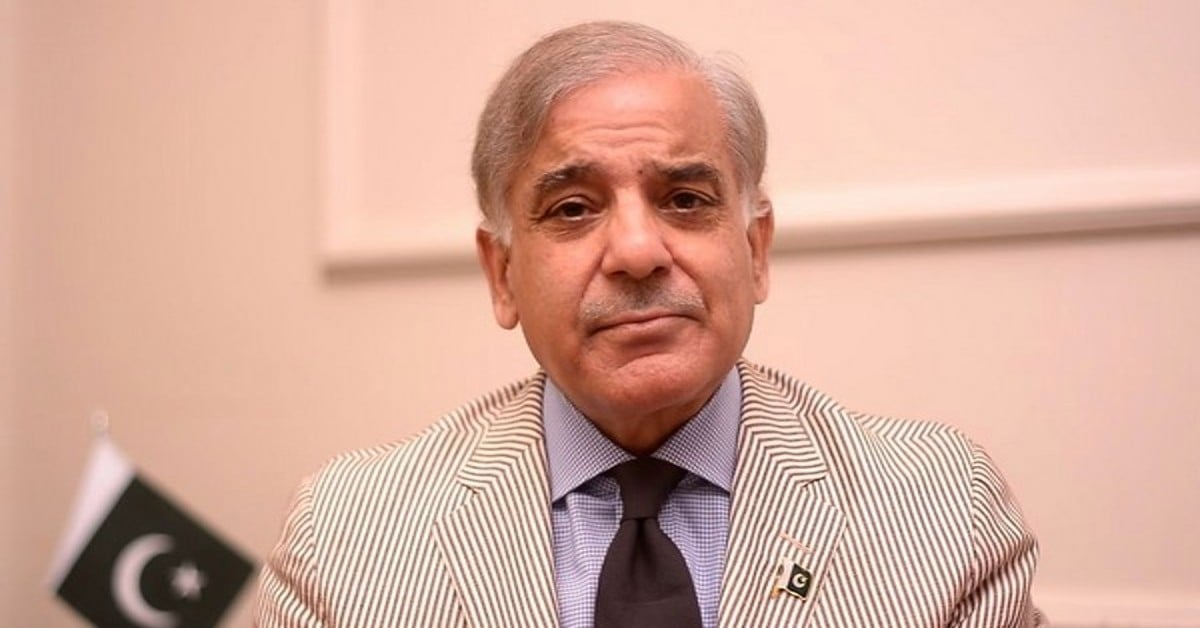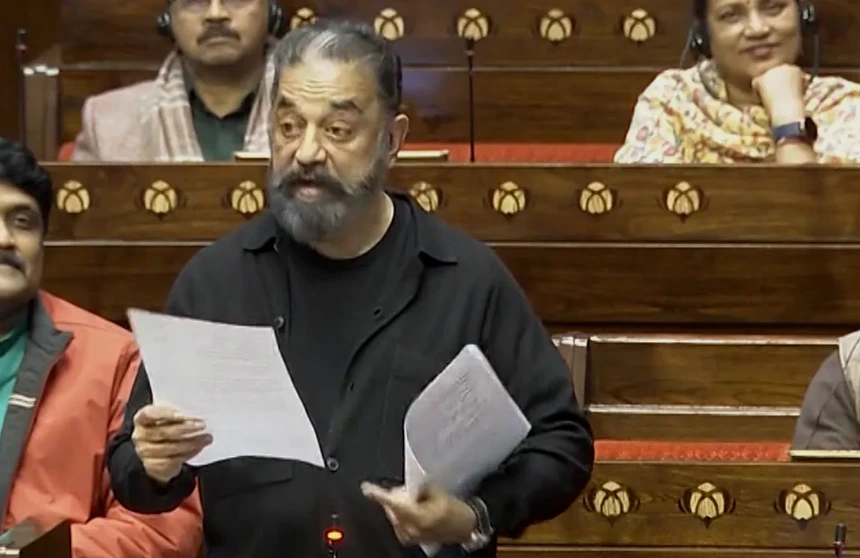[vc_row][vc_column][vc_column_text]The trade war between United States and China turned hotter as the American President Donald Trump on Friday, May 10, ordered a tariff hike on almost all remaining imports from the world’s second-biggest economy.
Beijing said talks would continue to resolve the row, said reports.
Trump’s move came after he had been tweeting that two days of trade talks in Washington had been “candid and constructive.” The businessman-turned-politician then changed tack and followed through on a threat he had been making for months, reported news agency AFP.
“The President… ordered us to begin the process of raising tariffs on essentially all remaining imports from China, which are valued at approximately $300 billion,” US Trade Representative Robert Lighthizer said in a statement, the report said.
The move came less than 24 hours after Washington increased punitive duties on $200 billion worth of Chinese imports, raising them to 25 percent from 10 percent.
Details on the process for public notice and comment will be posted Monday, ahead of a final decision on the new tariffs, Lighthizer said. They were not expected to go into effect for several months, said the AFP report.
Also Read: Islamic State affiliated terrorist gunned down by security forces in J&K
The latest Trump move came as the Chinese Vice Premier concluded his two days of trade talks with the US team led by Lighthizer.
In a series of tweets, Trump described the talks as candid and constructive, but indicated taking a tough approach against massive imbalance of trade with China.
“Over the course of the past two days, the United States and China have held candid and constructive conversations on the status of the trade relationship between both countries,” he said.
“The relationship between President Xi and myself remains a very strong one, and conversations into the future will continue,” he added.
“In the meantime, the United States has imposed Tariffs on China, which may or may not be removed depending on what happens with respect to future negotiations!” Trump said.
Tariffs will bring in “far more” wealth to the United States than even a phenomenal deal of the traditional kind. “Also, much easier & quicker to do. Our Farmers will do better, faster, and starving nations can now be helped. Waivers on some products will be granted, or go to new source!” he said in another tweet.
“If we bought 15 Billion Dollars of Agriculture from our Farmers, far more than China buys now, we would have more than 85 Billion Dollars left over for new Infrastructure, Healthcare, or anything else. China would greatly slow down, and we would automatically speed up!” Trump said.
Referring to his latest direction, Trump said that the process has begun to place additional Tariffs at 25 percent on the remaining 325 Billion Dollars. “The US only sells China approximately 100 Billion Dollars of goods and products, a very big imbalance,” he said.
“With the over 100 Billion Dollars in Tariffs that we take in, we will buy agricultural products from our Great Farmers, in larger amounts than China ever did, and ship it to poor & starving countries in the form of humanitarian assistance. In the meantime, we will continue to negotiate with China in the hopes that they do not again try to redo deal!” said the US President.
Also Read: After TIME article on Modi, its author’s Wikipedia page vandalised
Trump said he is in no rush to conclude trade talks with China.
“Talks with China continue in a very congenial manner – there is absolutely no need to rush – as Tariffs are NOW being paid to the United States by China of 25 percent on 250 Billion Dollars worth of goods & products. These massive payments go directly to the Treasury of the U.S….,” he said.
“We have lost 500 Billion Dollars a year, for many years, on Crazy Trade with China. NO MORE!” Trump said.
Since last year the United States and China have exchanged tariffs on more than $360 billion in two-way trade, gutting US agricultural exports to China and weighing on both countries’ manufacturing sectors.
The higher duty rates imposed on Friday will hit a vast array of Chinese-made electrical equipment, machinery, auto parts and furniture.
The International Monetary Fund has warned the conflict and the loss of confidence it creates will have a wider impact on the global economy and is a major risk to growth.
[/vc_column_text][/vc_column][/vc_row]


 India News21 hours ago
India News21 hours ago
 India News16 hours ago
India News16 hours ago
 India News1 hour ago
India News1 hour ago
 India News54 mins ago
India News54 mins ago
 Latest world news37 mins ago
Latest world news37 mins ago












